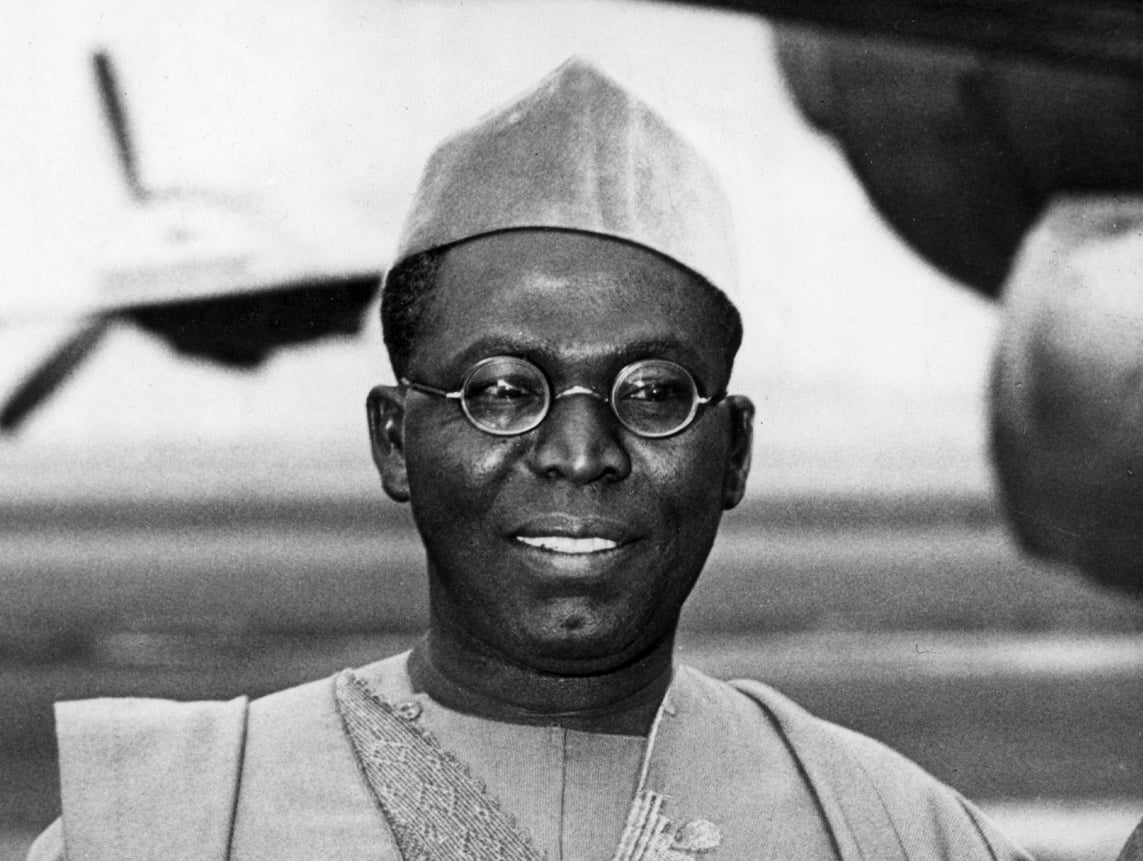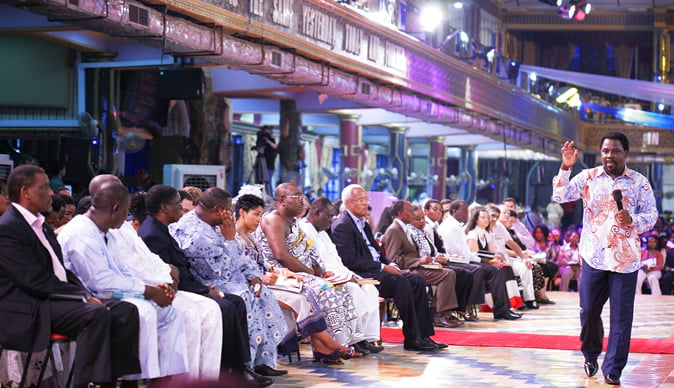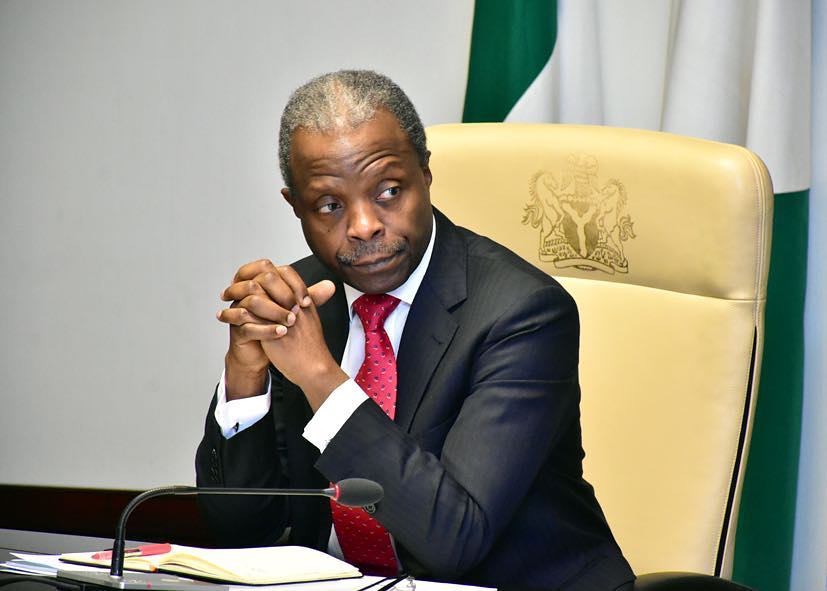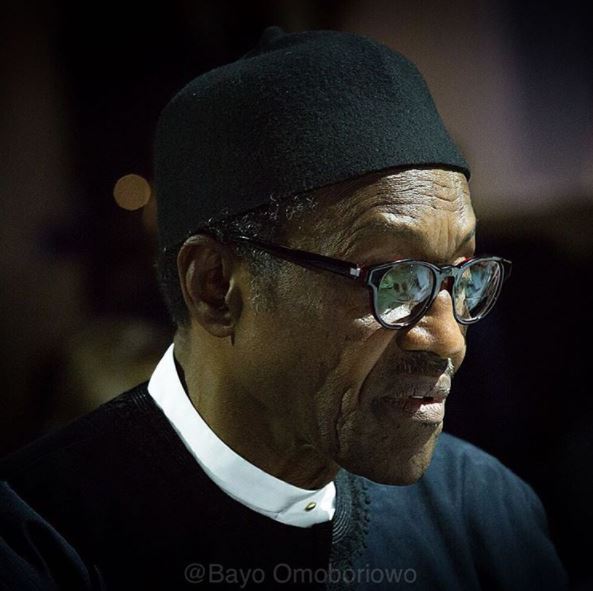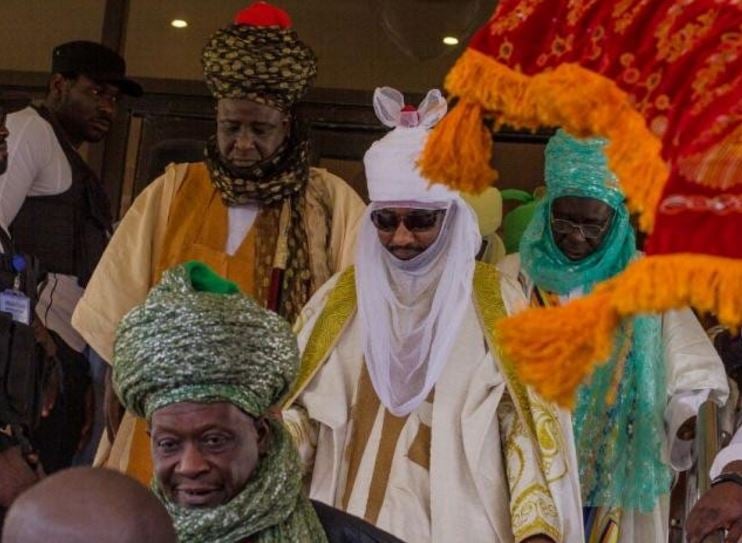BY SAMUEL AKINNUGA
Today makes it exactly 30 years since Chief Obafemi Awolowopassed away. To be sincere, not one single day passes that I think of him and his legacies that I do not sincerely wish that I had the chance to meet him in person. Well, I understand that was not meant to be. In all fairness of judgment, I would like to express that the opportunity of reading his autobiography is one the most profound that I have had in my life. In this essay, I do not attempt to put forward another biography but to share some of the statements made in his book that I found interesting as well as impactful. My intent is that it makes some personal sense to someone somewhere who will have the chance to go through them as well spark an interest and desire to become great leaders in a time as this where such are needed in abundance. I have taken up a task to draw out 12 of such noteworthy remarks from his book – ‘Awo: The Autobiography of Chief Obafemi Awolowo.’
- I think it is an extremely useful experience that a young person be made to do for himself certain mental and domestic jobs which though distasteful, other people are nevertheless being called upon to do from time to time. (Page 65)
- Now the world is like a mighty jar, and all of us in it, in our different theatre of operation, are like beans with varying sizes and weights… Getting to the top is one thing and remaining there is another. To maintain your place at the top, you must make sure that you do not at any time shrink in size or lose in weight. (Page 72)
- I owe my success in life to three factors: the Grace of God, Spartan self-discipline, and a good wife. (Page 111)
- I solemnly vow to the God of my Heart that wherever the fight is thickest and fiercest in the cause of truth, principle, justice and right, there I will always be. (Page 154)
- The yearning of independence is a natural instinct embedded in the breast of man by Nature. (Page 199)
- …We must never lose sight of the fact the attainment of independence is not an end in itself. It is a noble means to a great end. (Page 200)
- Indeed an educated and healthy individual is, in my opinion, the strongest single factor in the economic and social advancement of any nation. (Page 271)
- There can be no alternative to a democratic way of life if the aim of the government is the physical, mental and spiritual welfare of the people. (Page 273)
- It is the readiness and the yearnings and aspirations of the people that will determine the calibre and character of the people that will determine the calibre of those who rule them
- Violence never settles anything right: apart from injuring your own soul. (Page 300)
- We must read history books, and do more than merely read them: we must learn, mark and inwardly digest what we have read. (Page 306)
- Any government that does not enjoy the goodwill of the people should resign: it must not utilise the people’s money for both their enslavement and starvation. (Page 310)
No matter how seemingly perfect or timely these words may appear, Obafemi was best still a man and as such, had his pros and cons as a man and as a leader. In the end, it is not living long that matters but leaving a legacy behind. I am certain that Chief Obafemi Awolowo’s name would find its place on the walls of Nigeria’s greatest intellectual and political leaders.
It is my very sincere hope that this period marks a turning point and rebirth in the Nigerian polity that much need be demanded from the people who are put in charge of corporate and collective destiny. In the end, for all we do today, posterity will either praise of pay for it.
Advertisement
May God bless Nigeria!
Views expressed by contributors are strictly personal and not of TheCable.
Add a comment
